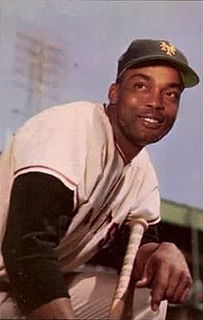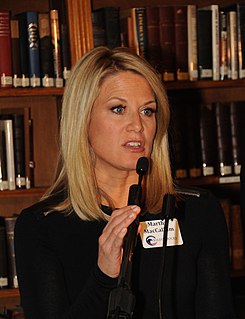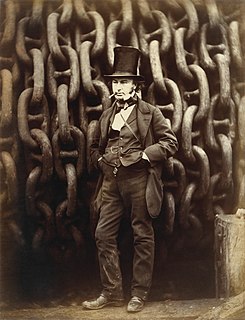A Quote by Mark Twain
Work and play are words used to describe the same thing under differing conditions.
Quote Topics
Related Quotes
I have used the words and expressions which my experiences from Minsk to Kharkov to the Don suggested to me. But I should have reserved those words and expressions for what came later, even though they are not strong enough. It is a mistake to use intense words without carefully weighing and measuring them, or they will have already been used when one needs them later. It's a mistake, for instance, to used the word frightful to describe a few broken up companions mixed into the ground: but it's a mistake that might be forgiven.
So when you're talking about lyrics in the context of music, it's not just about what the words mean, and what you were thinking about when you wrote it. It's not cognitive in that same way. It's almost like music turns words into touch, which is hard to describe, like the feeling of your shirt on your back. It's a pretty delicate thing to try to put into words. You just feel it.
The epithet beautiful is used by surgeons to describe operations which their patients describe as ghastly, by physicists to describe methods of measurement which leave sentimentalists cold, by lawyers to describe cases which ruin all the parties to them, and by lovers to describe the objects of their infatuation, however unattractive they may appear to the unaffected spectators.
For a lot of people, 'Dungeons & Dragons' has been a hard thing to describe. I can't tell you how many social environments I've been in where I say, 'I play 'D&D,'' and a bunch of normies will be like, 'How does the game even work? What's that like?' I didn't have anything to really describe it that didn't make me sound like a crazy person.
If you have words and want to write music for them, the words hit you with a feeling which you can't really describe in words, and so what you do is to put music to them and in this way you make contact with the words, through the musical thing. It happens when two feelings come together and they do something together and they compliment each other.
Confusion conditions activity, which conditions consciousness, which conditions embodied personality, which conditions sensory experiences, which conditions impact, which conditions mood, which conditions craving, which conditions clinging, which conditions becoming, which conditions birth, which conditions aging and death.
If the Commission is to enquire into the conditions "to be observed," it is to be presumed that they will give the result of their enquiries; or, in other words, that they will lay down, or at least suggest, "rules" and "conditions to be (hereafter) observed" in the construction of bridges, or, in other words, embarrass and shackle the progress of improvement to-morrow by recording and registering as law the prejudices or errors of to-day. [Objecting to any interference by the State with the freedom of civil engineers in the conduct of their professional work.]





































